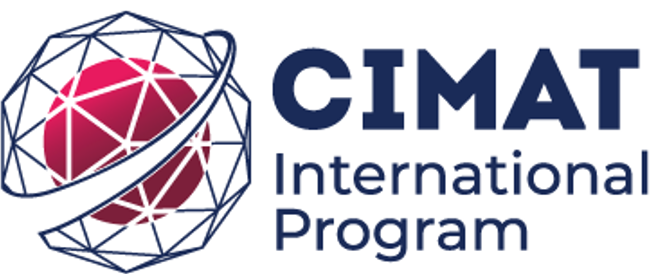| Data Science Courses |
Data science is about learning from data. It is rapidly emerging as a fundamental pillar of our digital society. Positioned at the intersection of Statistics, Applied Mathematics and Computer Science, it demands an integrated approach, where individuals possess solid knowledge and a sound intuition of how to handle (complex) data with uncertainty, how to formulate pertinent questions, and how to solve them using mathematical modeling and efficient numerical algorithms, taking advantage of specialized software. The MSSG offers a range of courses aimed at strengthening these indispensable skills. Special emphasis is placed on project-based learning, allowing students to put their knowledge into practice and gain hands-on experience. Click on the tiles below to see details of each course Design of Algorithms Probability and Statistics Numerical Optimization and Machine Learning Geometric and Graphing Tools Other courses, including an Independent Research Project, might be offered depending on the academic background of the students admitted to the program. The minimum course load is three mathematics courses per semester. A one-week workshop on computational tools for data science is organized at the beginning of the semester if required. In recent years a Data Science Kitchen was organized as part of the MSSG Program and open to all CIMAT students. |
| Mathematical Modeling Courses |
Mathematical modeling enables a deeper understanding of the real world by providing tools to describe phenomena, uncover insights, and make predictions. It is an iterative process in which the mathematical sciences act as both a language and a framework for building and analyzing models, while appropriate algorithms help derive precise answers. At the MSSG, the Mathematical Modeling courses are designed to develop and strengthen these skills through an integrated, hands-on approach that connects theory with real-world applications. Click on the tiles below to see details of each course Modeling with Differential Geometry Discrete Probability and Simulation Tools for Modeling Dynamics Modeling with Linear Algebra Other courses, including an Independent Research Project, might be offered depending on the academic background of the students admitted to the program. The minimum course load is three mathematics courses per semester. A one-week workshop on computational tools for data science is organized at the beginning of the semester if required. |
| GENERAL REQUIREMENTS |
Successful applicants will:
|


